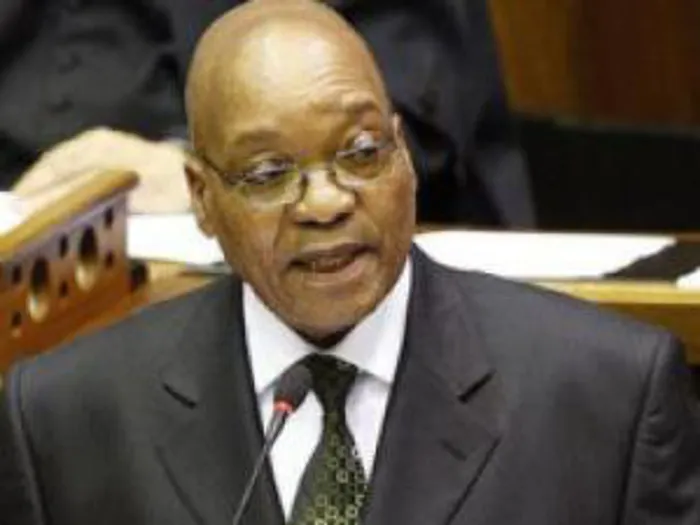Zuma rejects Obama plea

Peter Fabricius,
Sapa-AFP, Sapa and AP
The departure of former Haitian president Jean-Bertrand Aristide from South Africa to Haiti last night has blown into a major diplomatic incident.
It emerged yesterday that President Jacob Zuma had shrugged off a personal appeal from US President Barack Obama to persuade the exiled leader not to go home until after Sunday’s presidential elections.
And United Nations secretary-general Ban Ki-moon also called Zuma this week, according to Ban’s office. Some media reports said Ban had also urged Zuma to discourage Aristide from returning before Sunday though Ban’s office could not confirm what the two leaders had discussed.
American actor Danny Glover added extra drama to Aristide’s homecoming by flying to South Africa to escort him back to Haiti.
Aristide, his wife and two children left from Johannesburg’s Lanseria Airport on a chartered flight last night after addressing a press conference arranged by the South African government. Some diplomatic sources said the government had also paid for the flight, but this could not be confirmed.
Obama told Zuma in a phone call on Tuesday that Aristide’s return this week from seven years in exile in South Africa could disrupt the elections in the Caribbean island state’s volatile politics, according to US National Security Council spokesman Tommy Vietor.
“The United States, along with others in the international community, has deep concerns that president Aristide’s return to Haiti in the closing days of the election could be destabilising,” Vietor said yesterday.
But Zuma evidently turned Obama down. Minister in the Presidency Collins Chabane said yesterday that the South African government could not hold Aristide “hostage”, and would not press the charismatic former leader to delay his departure.
Meanwhile, Glover, the chair of TransAfrica social justice forum, which used to campaign against apartheid, arrived in South Africa yesterday to accompany Aristide home. Glover asked on TransAfrica’s website why former dictator Jean-Claude Duvalier could return to Haiti unhindered as he did recently and not the twice democratically-elected Aristide.
Glover and nine others recently wrote to Zuma urging him to “assist the Aristides in making their transition as soon as possible” since “all the last remaining obstacles to the Aristides’ return have been removed.”
On Monday, US State Department spokesman Mark Toner acknowledged Aristide’s right to go back to Haiti, but said returning this week “can only be seen as a conscious choice to impact Haiti’s elections”.
But Aristide’s aides said he feared the winner might reverse the long-awaited decision to allow his return. Both candidates are right-wingers long opposed to Aristide.
Aristide, who emerged as a leading voice for Haiti’s poor in a popular revolt that forced an end to the Duvalier family’s 29-year dictatorship, remains a popular politician though he has been in exile since 2004.
He has said he would stay out of politics in Haiti and only wants to improve education in the impoverished Caribbean island nation devastated by last year’s catastrophic earthquake.
It would be the second return from exile for Aristide, who was first ousted by a military coup in 1991. US president Bill Clinton returned him to power in 1994 by sending US warships to Haiti that intimidated the coup leaders to surrender power.
Aristide fled Haiti again on February 29, 2004, leaving before dawn on a US plane as rebels approached the capital. He accused American diplomats of having kidnapped him – charges Washington denied.
Aristide arrived in South Africa with his wife Mildred and has lived in Pretoria at the South African government’s expense ever since. He has been lecturing at Unisa.